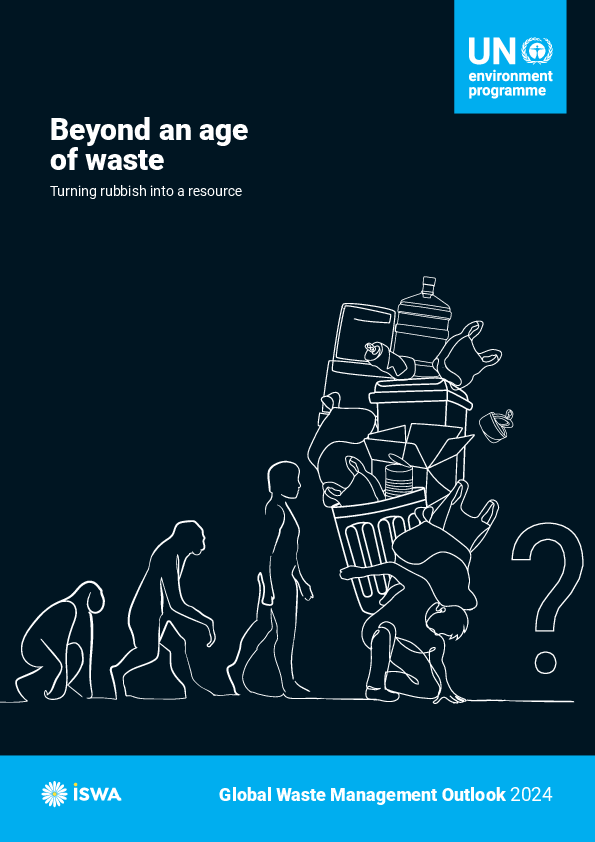- Share this article
- Subscribe to our newsletter
Beyond an age of waste
Municipal waste is set to rise by two thirds and its costs to almost double within a generation. Only a drastic reduction in waste will ensure a liveable and affordable future. This is the finding of the UN Environment Programme’s (UNEP) Global Waste Management Outlook 2024, which was published in February.
The report, titled Beyond an age of waste: Turning rubbish into a resource, is the most substantial update on global waste generation and the cost of waste and its management since 2018. It uses life cycle assessments to explore what the world would gain or lose in three scenarios: continuing with business-as-usual, adopting halfway measures, and committing fully to zero waste and the circular economy.
According to the report, municipal solid waste generation is predicted to grow from 2.3 billion tonnes in 2023 to 3.8 billion tonnes by 2050. In 2020, the global direct cost of waste management was an estimated USD 252 billion. However, when we factor in the hidden costs of pollution, poor health and climate change from poor waste disposal practices, the cost rises to USD 361 billion. Without urgent action on waste management, by 2050 this global annual cost could almost double to a staggering USD 640.3 billion.
Some 2.7 billion people do not have their waste collected: 2 billion in rural areas and 700,000 in urban areas. “The terrestrial environment continues to be the primary sink for waste, while rural communities face complex waste management challenges that if left unmanaged can significantly impact ecosystems and dependent livelihoods”, the authors write.
The report’s modelling shows that getting waste under control by taking waste prevention and management measures could limit net annual costs by 2050 to USD 270.2 billion. However, projections show that a circular economy model – where waste generation and economic growth are decoupled, and societies avoid waste, adopt sustainable business practices and implement full waste management – could lead to a net gain of USD 108.5 billion per year.
(UNEP/ile)
Read more and download the report on the UNEP website





Add a comment
Be the First to Comment